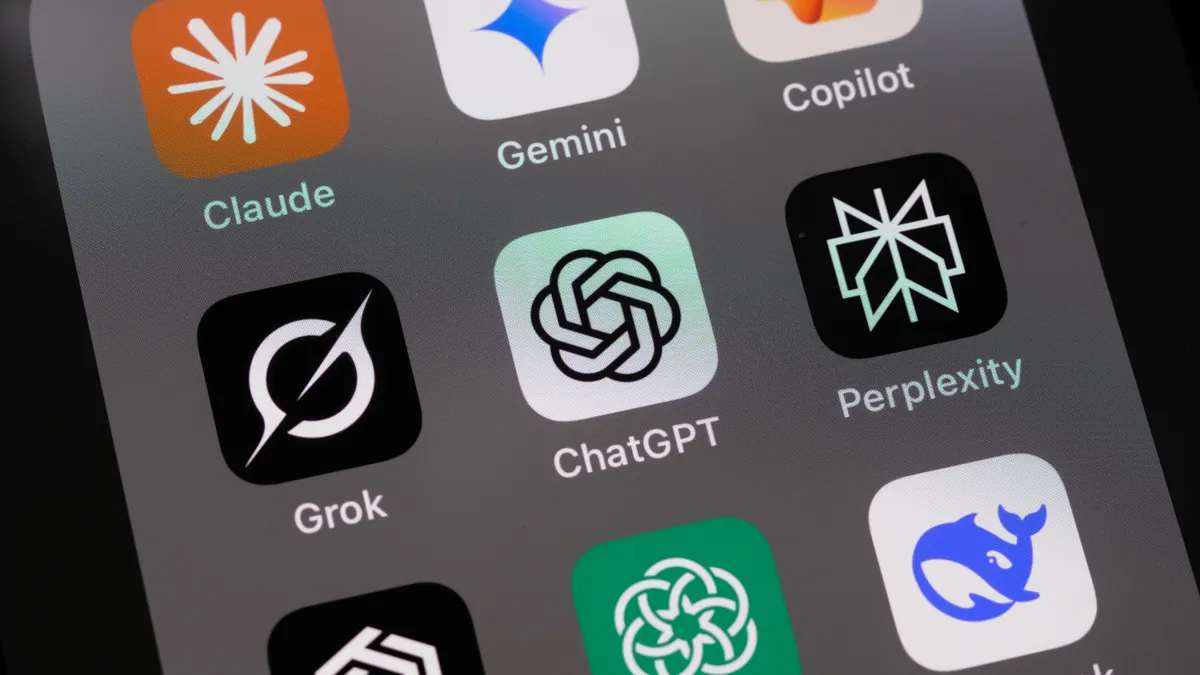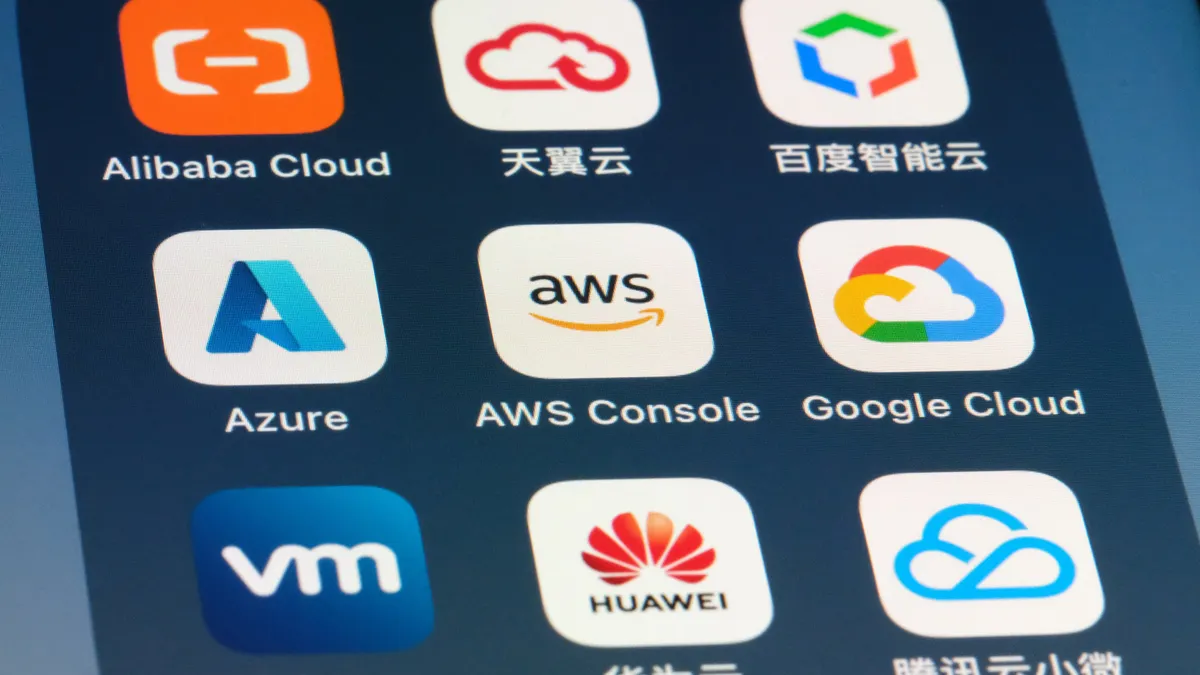Editor's Note: The following is a guest post from Steve Stover, vice president of product and alliances at Samanage.
Artificial intelligence (AI) is transforming the way we work and live. Yet, there is still confusion surrounding how it will benefit — not jeopardize — jobs. Sure, there are future scenarios where entire fleets of autonomous cars are deployed and intelligent robots roam the streets, but there's also AI in the workplace that is available now.
As organizations continue to generate unprecedented levels of data from customer engagements, product development, partner integration and employee communications, the biggest future productivity advances will come from harnessing data to deliver smarter, more efficient services and solutions.
By leveraging new artificial intelligence and machine learning technology, CIOs are now able to add self-resolving and predictive capabilities to the services they deliver to IT, HR, finance departments and more.
A goal for any CIO when selecting a new technology should be to equip all employees with the tools and knowledge to break down information silos that obstruct productivity and ensure employees have the capabilities needed to provide a greater business impact.
Create the environment needed to acquire and retain talent
In a recent survey of 500 professionals, respondents expressed optimism about AI as well as some confusion as to what it really is and how it can be used for business. CIOs have the opportunity — and responsibility — to lead by example and demonstrate how AI-powered solutions can benefit both employees and the organization as a whole.
Sales teams might leverage AI to predict when customers are ready to churn, while IT pros may use AI to help predict network overloads or staffing shortages. Regardless the enterprise function, as many as 64% of respondents are excited about new AI features such as voice recognition and chatbots.
At the end of the day, the value of AI gives CIOs the ability to provide the strategic tools necessary for their employees to provide better and faster service experiences, while automating tasks and preventing future issues.
Empowering employees to be more strategic
Enterprise professionals aren't hired for their capacity to manage repetitive, manual workloads — they instead are selected for their specialized skill set and ability to have a significant impact and grow the business.
For example, when onboarding new talent, a lot of paperwork is required, including items like confidentiality agreements, benefits enrollment and payroll.
Traditionally, HR representatives would have to collect the documents, scan and log the information and distribute each to its necessary department. This not only takes a lot of time, but it also takes away the opportunity for the HR rep to think creatively about new company culture initiatives or recruiting strategies.
AI tools like chatbots can support HR process by analyzing input information against historical data to provide timely and accurate responses to queries.
Workplace AI: The employee experience
Today's employees aren't just looking for smarter solutions, they also demand more personalized experiences that let them get their job done right, no matter what service they need or what department they work in. It's important to remember that employees are also consumers who use AI-powered apps like Uber, Netflix and Amazon, which have set the standard for user experiences.
To meet these new end user expectations, CIOs must focus not just on the technology, but also the demand for better services and greater visibility into those requests, which is critical for delivering great user experience. Legacy solutions often cause slow service management, hurting the employee's ability to be efficient and accurate — which can affect morale.
CIOs are well positioned to leverage the power of AI-based technology to better tailor internal services to meet different employee needs through solutions that provide a more automated and intuitive experience.
There is no denying the role of a CIO is critical in the success in any business, but especially so when considering the implementation of next-generation technology like AI.
By building a strong foundation with incremental expansion of AI-powered tools, CIOs can help their employees achieve success, allow them to become more strategic, and provide them with a more tailored experience.



















